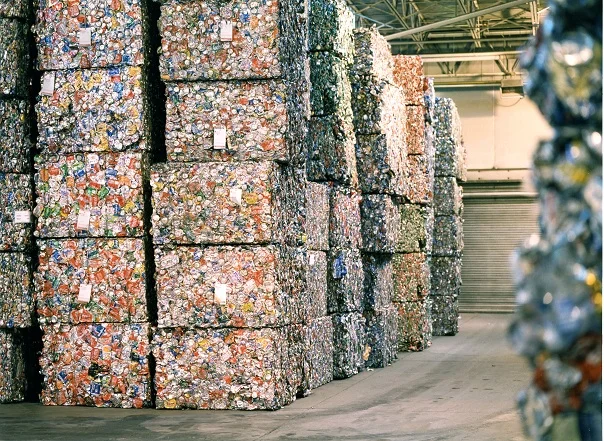

Abralatas (the Brazilian Association of Aluminium Can Manufacturers) stated that Brazil’s recycling model is mature, well-structured, and capillary enough to reach and treat all UBCs dumped in the country. They may have been increasing in consumer demand, with various formats and sizes, and capturing more and more room in Brazilian homes. In 2022, the flow of cans for recycling was recorded as being more than the volume sold. It is an unprecedented situation caused by inventory modifications throughout the manufacturing chain. Nonetheless, it confirmed that the market could absorb and recycle the whole number of cans consumed in the country, resulting in an unprecedented rate of 100% can recycling.Abralatas worked with several sustainability and recycling organisations and 100 can-gatherers to recycle almost 10 tonnes of UBCs during the five days of the Rio de Janeiro carnival. The cans were gathered, organised, and managed in specific locations. The programme used the carnival to send recycling ambassadors to spread the word about the advantages of using metal packaging and the value of efficient recycling.

Brazil is the 3rd largest consumer of cans on the planet and more than 31 billion units were sold in 2022.Catadors or Waste collectors are crucial to the entire recycling process. Because they are the ones who gather and adequately store the aluminium cans before shipping them to the factories, they are regarded as experts in this industry. They are integral parts of the entire process. The recycling process is the same everywhere. Nevertheless, one of the reasons for this success can be attributed to the thousands of Brazilians who earn a living by reselling the cans, which allows the aluminium-producing corporations to produce new items at a lower cost. Another major factor contributing to the high aluminium recycling rate in Brazil is its life cycle. In 60 or less days, a can be bought, used, collected, recycled and sold again. Read the report HERE
Responses








